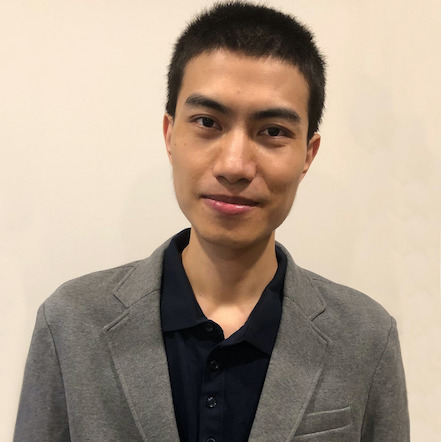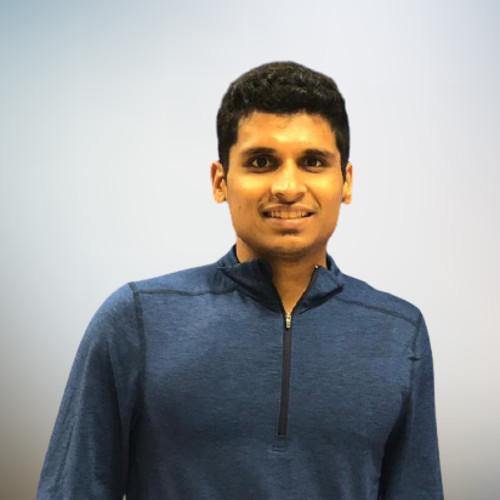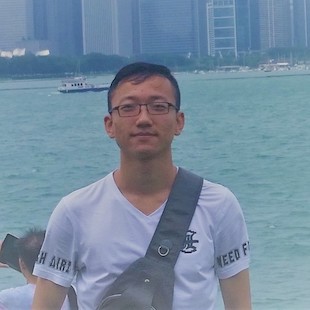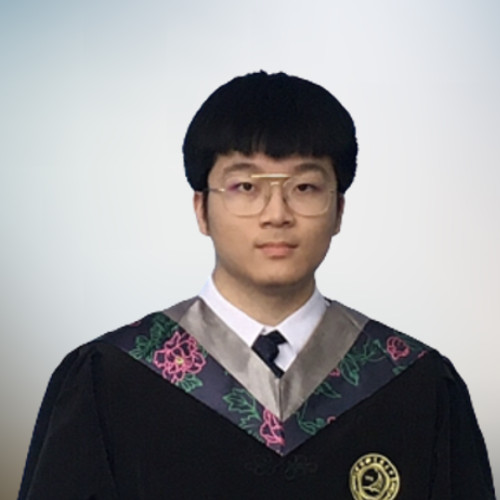You can also attend virtually: Zoom link
Keynote Speaker
Russell Tessier
Professor, UMass Amherst
-
Keynote Speaker: Russell Tessier is a Professor of Electrical and Computer Engineering at the University of Massachusetts Amherst. He has performed research in FPGAs and reconfigurable computing for over 30 years. He was a founder of Virtual Machine Works, a logic emulation company which is now owned by Siemens. Among many other service roles, he has served on the Program Committee of the ACM/SIGDA International Symposium on FPGAs since 2000. His recent research interests include FPGA security and cloud FPGA computing.
Talk Title: Hardware Security Solutions for Multi-Tenant FPGAs
Abstract: The increased use of FPGAs in cloud and embedded computing environments has led to a number of potential security risks. The sizable amount of logic resources in these devices makes them amenable to sharing across multiple untrusted tenants. However, the co-location of multiple independent circuits presents the possibility of side-channel and fault injection attacks. In this talk, a series of multi-tenant FPGA attack remediations will be described. These solutions have been performed on multiple families of Intel FPGAs, including state-of-the-art Stratix 10 devices. A sensor-based remediation approach that can prevent a voltage attack within 20 microseconds in a Stratix 10 device will be presented along with a fault remediation technique using partial FPGA reconfiguration. Finally, a recovery approach that allows for fault-free computation rollback for an RSA encryption circuit is described.





